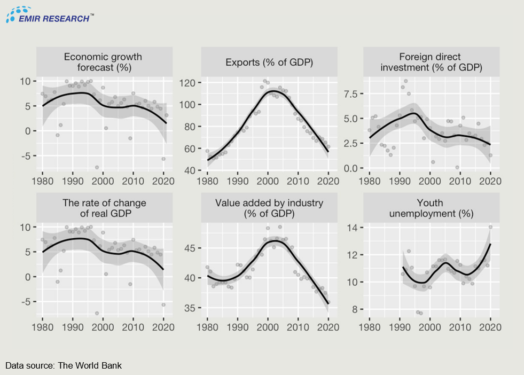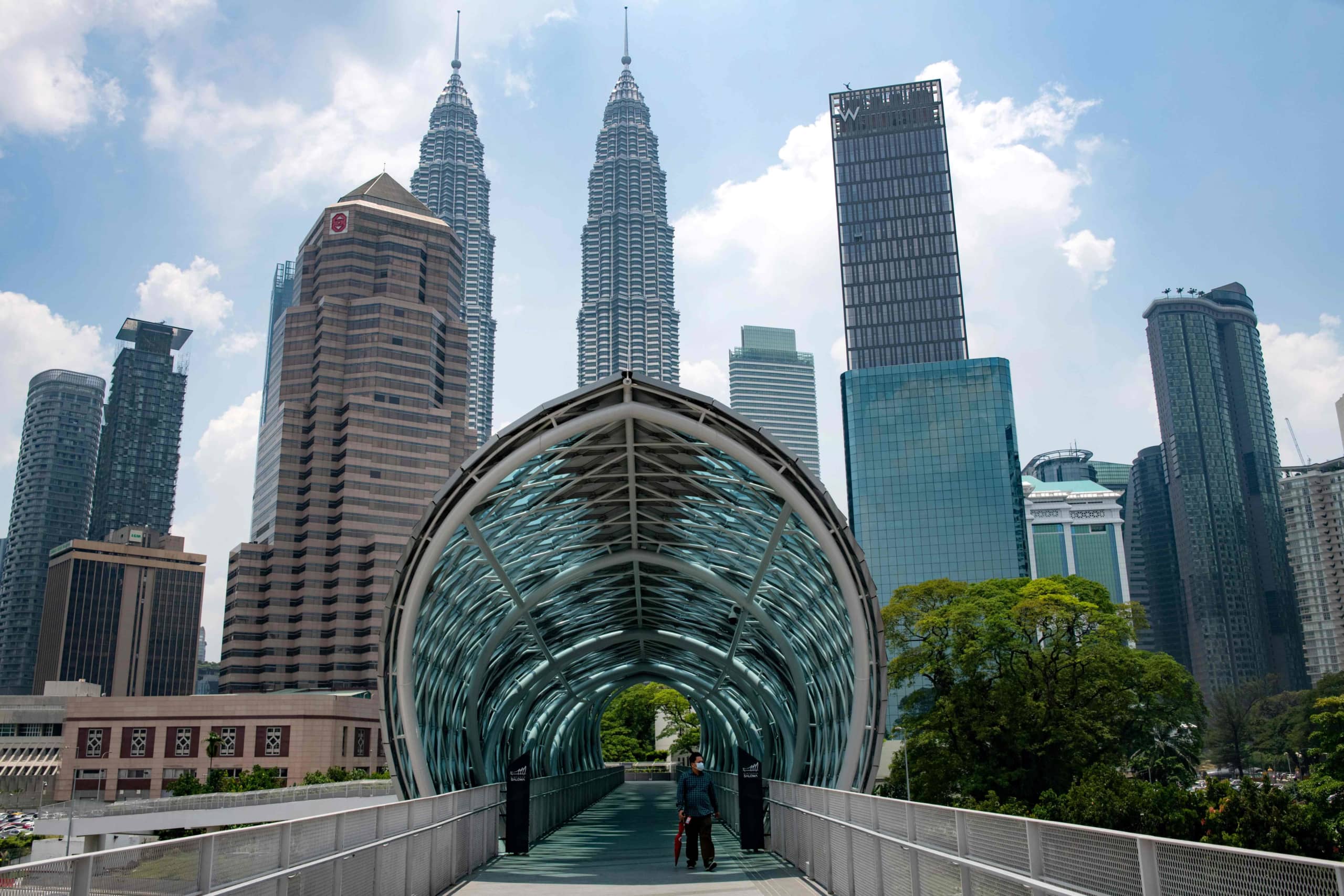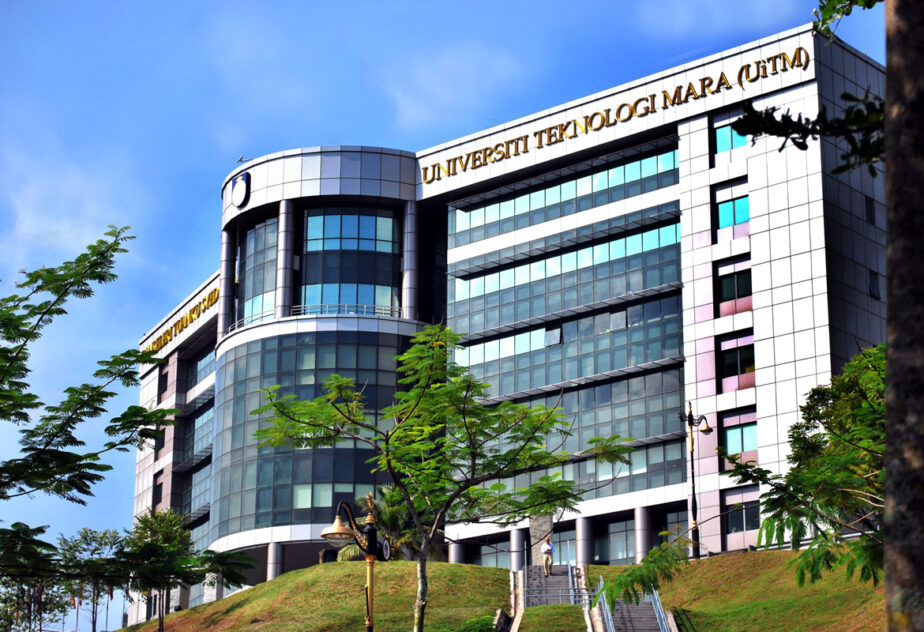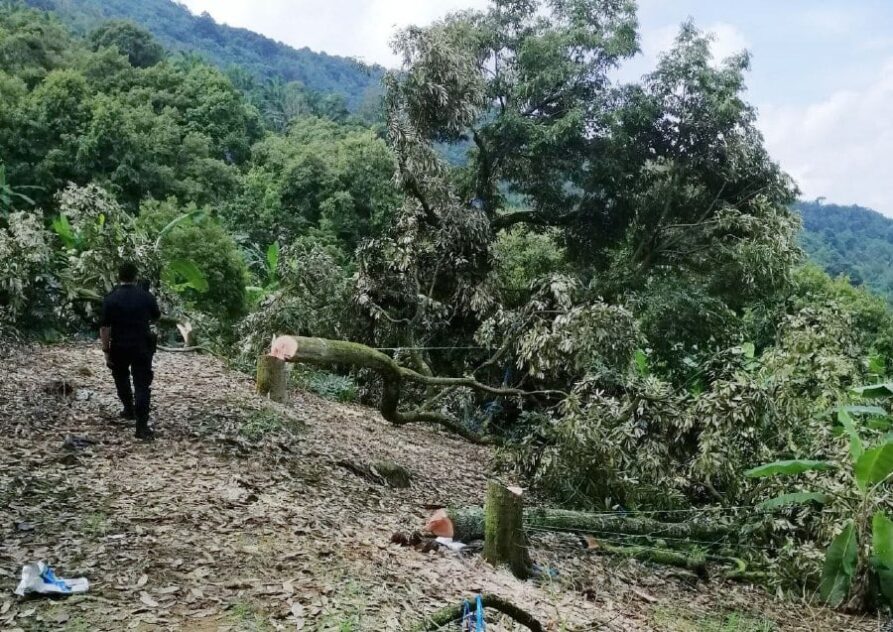IN the previous article, we spoke of how brain drain and the abysmal education system had driven our and still driving out talents from our country.
Now let us touch on the governance crisis, where it is plaguing the country at every level of the society.
We talk about corruption these days as often as we talk about the brain drain issues, not by coincidence.
The empirical research on brain drain in the Malaysian context consistently identified corruption as one of the “push factors” – factors making our highly skilled compatriots look for better opportunities abroad.
A country is a complex social system in which small changes can propagate quickly. With that, he country’s destiny is designed at every point in the society where decisions are made, big or small, strategic or mundane, day-to-day decisions.
When these decisions are not made based on merit and credibility, the country, as a complex social system, starts losing its plot and wanders aimlessly.
This is why, as of what can be observed lately from the global data, if Malaysia’s strategic policymaking is keeping up with anything, it is only with the global anti-trends.
For example, none of the 70 countries already rolling out 5G follows the problematic Single Wholesale Network model – but we do – using the Digital Nasional Bhd!
And none of our regional peers overindulges in price controls – Malaysia is reported to have one of the highest (times over) number of food price controls in the East Asia Pacific region (World Bank staff compilations, Batmunkh & Pfutze, 2022).
The best performing sovereign wealth funds highly diversify their investments worldwide to minimise the possibility of corruption and overheating of the home economy – but we concentrate such strategic investments in Government-linked organisations and our own Government bonds.
Other countries have been steeply increased their arable lands over the last three decades – but we have been gradually reducing.
And the list goes on.
Apart from that, the main anti-trend that continues hurting Malaysia the most is that it continues to pursue the factor accumulation for its engine of economic growth — focusing only on the quantity of the four primary factors of production: labour, land, capital and entrepreneurship.
Meanwhile, the rest of the world, as early as the 2000s, has graduated from the factor accumulation to the path of innovation, with an intrinsic focus on the quality of all the factors: if labour, then knowledge-workers rather than low-skilled workers, if entrepreneurship then it is all about digitisation, digitalisation and digital transformation rather than manual work.
Contrary to the notion of comparative advantage and economies of scale, as both do not exist in the 4IR world, these countries, one by one, started to turn their focus inward to localise their supply chains through extensive use of technologies while increasing the breadth and depth of their local industries and therefore high-paying job opportunities.
On the contrary, Malaysia appears to be stuck with a very simple economy for over two decades—we are either on one end of the global supply chain (supply of raw materials) or at the other (simple assembly of finished goods). What about all that void in-between? We import!
However, what would happen to such an economy when the global supply chain starts to unravel? This unravelling began a long time before COVID-19. The pandemic and recent geopolitical events have only accentuated the trend.
There are robots now all over the world doing simple assembly of finished goods— assisted by intelligent and highly skilled human beings, some of whom are sadly our compatriots.
Other countries are investing in robots to perform these low-skill mundane automated jobs while also investing in human capital. This is why we see such a profound decline in our exports and value-added by industry in the below figure (note a clear structural break happening around the late 1990s / early 2000s).

Malaysia’s economy has long time been dependent on oil export. Now every country is rushing to renewable energy (RE) sources.
One should wonder. How long can we keep using 1980s solutions to resolve challenges of 2020s? How much more room has Malaysia left to manoeuvre among the anti-trends?
If we want real solutions, then we should stop looking for positives in every disaster we face, be it drains or floods. This is not the type of creative thinking that we need.
The disasters must be addressed through credible policymaking rather than pure narrative management. We should stop doing jihad on the consequences of our disastrous management but do the real jihad on the root causes.
Remember again, the destiny of a country is made at every point where the decision is made. Therefore, there is a simple thing we all can do – for example, exert a zero-tolerance policy to corruption at the individual level in the form of personal unacceptance and unacceptance towards those whom we know to practice it, no matter how it is packaged or under which “sauce” it is presented to us; ethnical, religious, political. Wrong is wrong!
This is when everything will start to fall into place by itself, including the brain drain reversal, because, at every level of society, resources will begin to flow based on merit and credibility where they are the most needed!
Our nation, our Malaysia, is at a critical junction. Like an orphan, it is standing by the side and probably crying and waiting when the real Mat Kilau will wake up in every single one of us Malaysians and start making their day-to-day decisions based on merit and credibility in the true patriotic spirit. – July 11, 2022
Dr Rais Hussin and Dr Margarita Peredaryenko are part of the research team at EMIR Research, an independent think tank focused on strategic policy recommendations based on rigorous research.
The views expressed are solely of the author and do not necessarily reflect those of Focus Malaysia.










